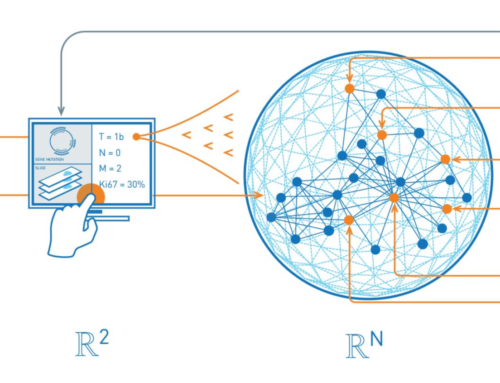Face It – Facial Recognition Technology is the Future
Facial Recognition Technology is the future whether you’re ready or not. We are at an age of advanced technology in many ways in the Legal Industry. With facial technology which by definition identifies an individual person’s features by analyzing the depicted face into several characteristic. Just based on merely the size, shape and contours of our face we are becoming a facial “thumbprint” virtually for use in more ways than one.
On May 14, San Francisco became the first city to ban the use of facial recognition technology by police and other local government agencies. Just a short month later, on June 27, Somerville, Massachusetts became the second state to ban the technology. Many other cities are on the cusp of considering similar bans as well after the success of previous states. While these bans are more of symbolic effect and not an immediate impact issue, the bans are likely a response to a real and prominent concern: how can facial recognition be used without compromising our civil liberties?
The latest for of this technology can operate in real-time, identifying people as they appear on live time videos. Bringing together the networks of surveillance cameras and databases of pre-identified photos (state issued driver’s licenses) has brought concerns regarding facial recognition technology to light. What was once thought to be not possible is proving to bring huge changes to the world.
Steven Spielberg’s 2002 film “Minority Report” shows a bleak future where a special police unit detects persons of interest by video and arrests criminals before they can even commit a crime. Facial recognition technology provides computers the ability to analyze an image or video of a person’s face in order to identify the individual. In today’s society we walk around with a modern iPhone with Face ID capabilities which proves that some accept this change on a certain degree already.
For more Tidbits & Thoughts, please click here.






